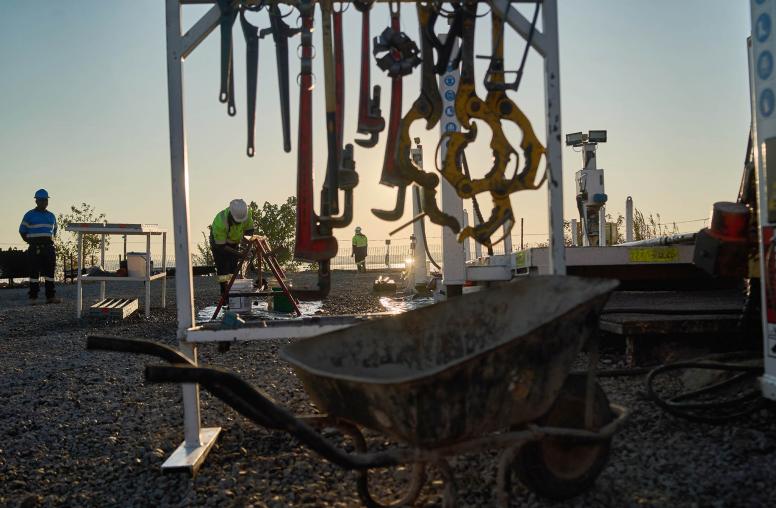Faith-Based Initiatives to End Conflict and Sexual Violence in Eastern DRC
A panel of experts shared their perspectives on effective policies and faith-based initiatives to curb civilian rape of women in Eastern DRC.
On June 30, 2010, the Democratic Republic of Congo (DRC) celebrated 50 years of independence. However, eastern DRC is plagued by serious and recurring violence seven years after the official end of the Second Congo War. The United Nations estimates that since 1998 hundreds of thousands of Congolese have been tortured, gang-raped, and suffered various forms of sexual violence.
Ending sexual violence in eastern DRC requires sustained intervention by a wide range of stakeholders, including faith-based institutions. To assess intervention efforts thus far, USIP held a discussion about effective policies and ongoing faith-based initiatives working to end conflict and sexual violence in eastern DRC.
Speakers
- Olun Kamitatu
Technical adviser for governance, extractives, and gender
Catholic Relief Services, Kinshasa - Matilde Muhindo
Director of Centre Olame in the Archdiocese of Bukavu, South Kivu,
and a Partner of Catholic Relief Services - Father Emmanuel Bueya, Discussant
PhD candidate in Philosophy at Boston College
Boston College - Susan Hayward, Discussant
Senior Program Officer, Religion and Peacemaking Center of Innovation
U.S. Institute of Peace - Kathleen Kuehnast, Moderator
Gender Adviser
U.S. Institute of Peace



